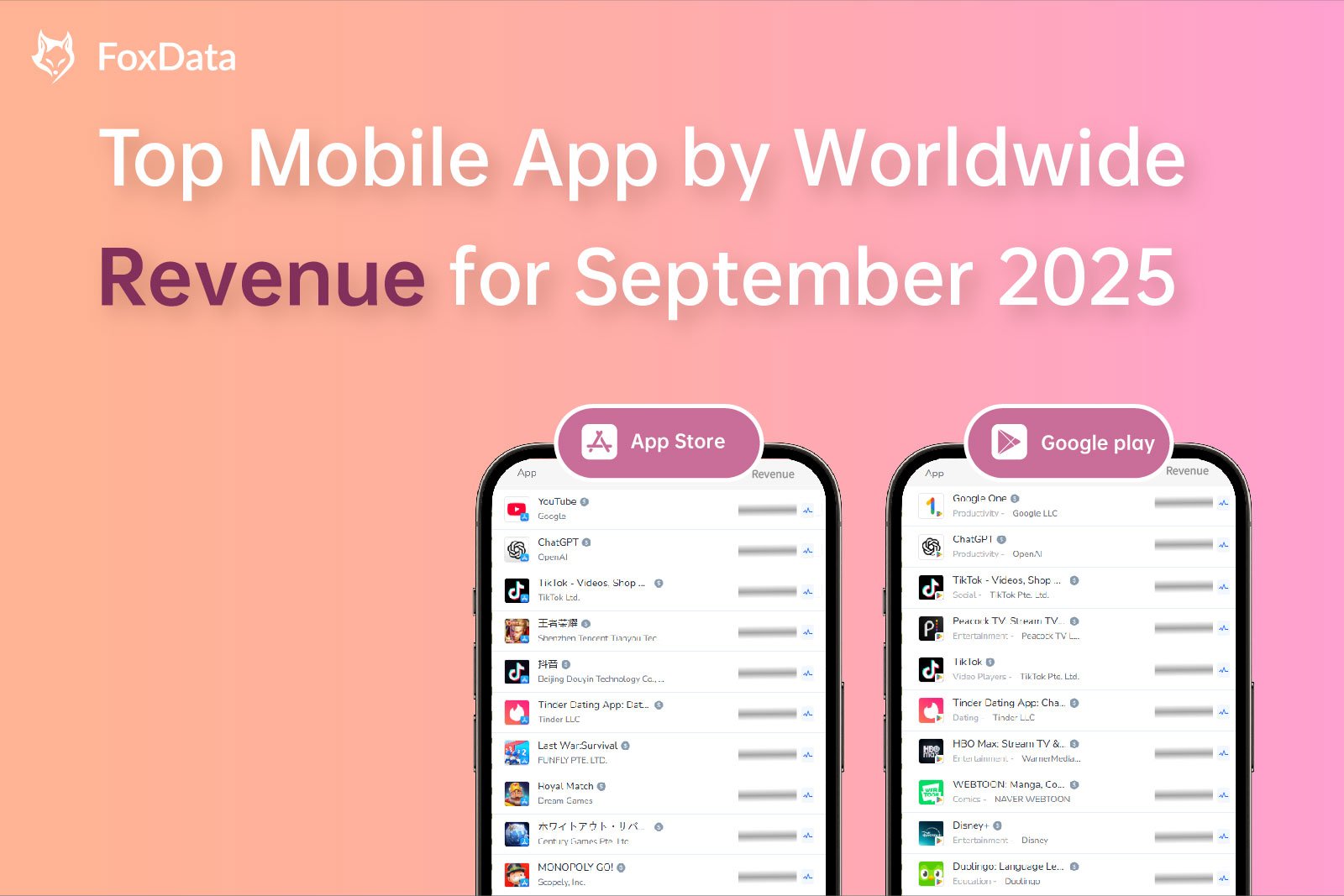The Advertising Creative Trends in Puzzle Games
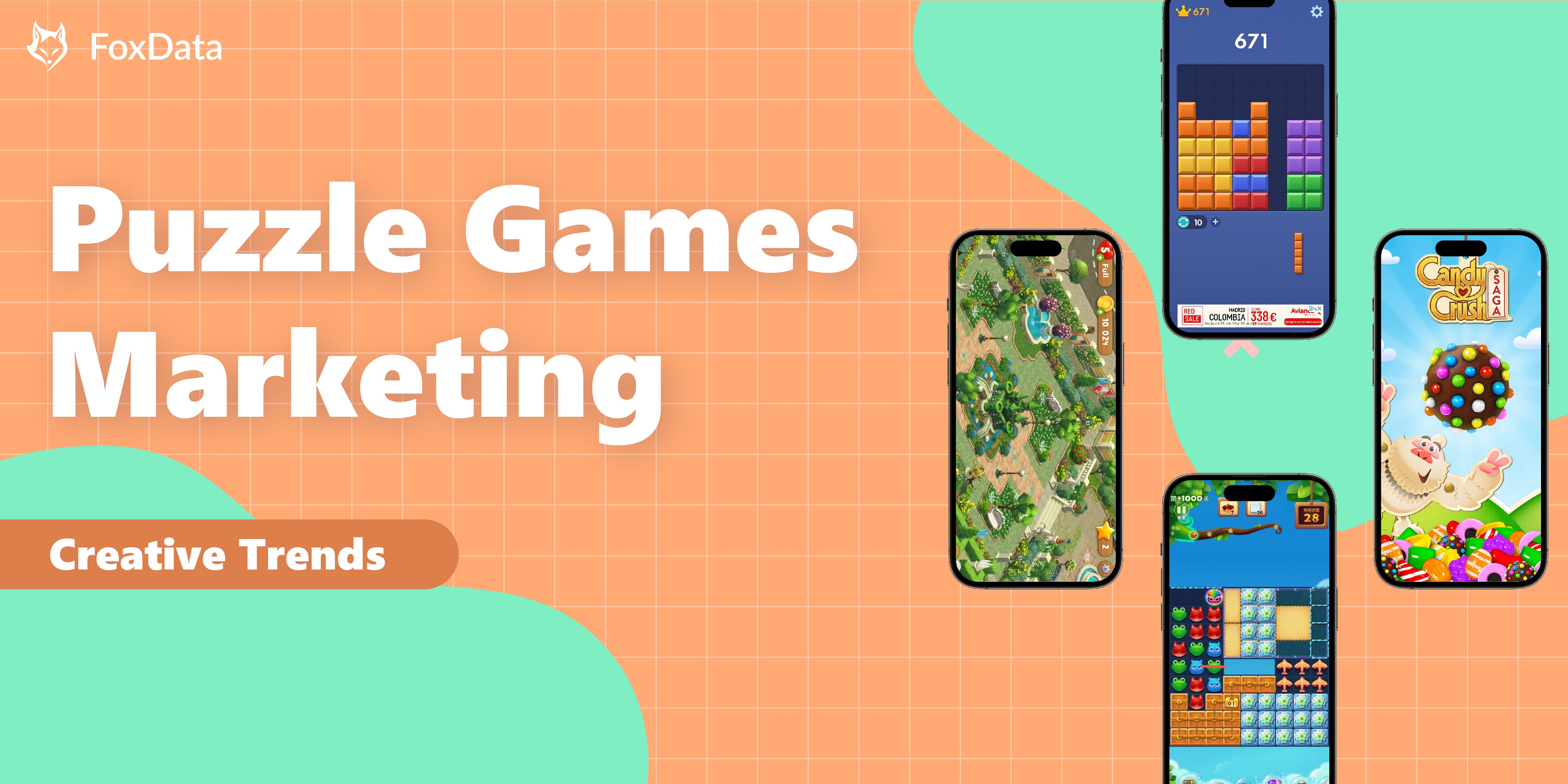
In the previous blog, we discussed user acquisition strategies for puzzle games.
💡 Read More: Puzzle Mobile Games in 2025: Market Overview & User Acquisition Strategies
The secret to successfully advertising puzzle games is having exceptional ad creativity, which can attract users to download the game.
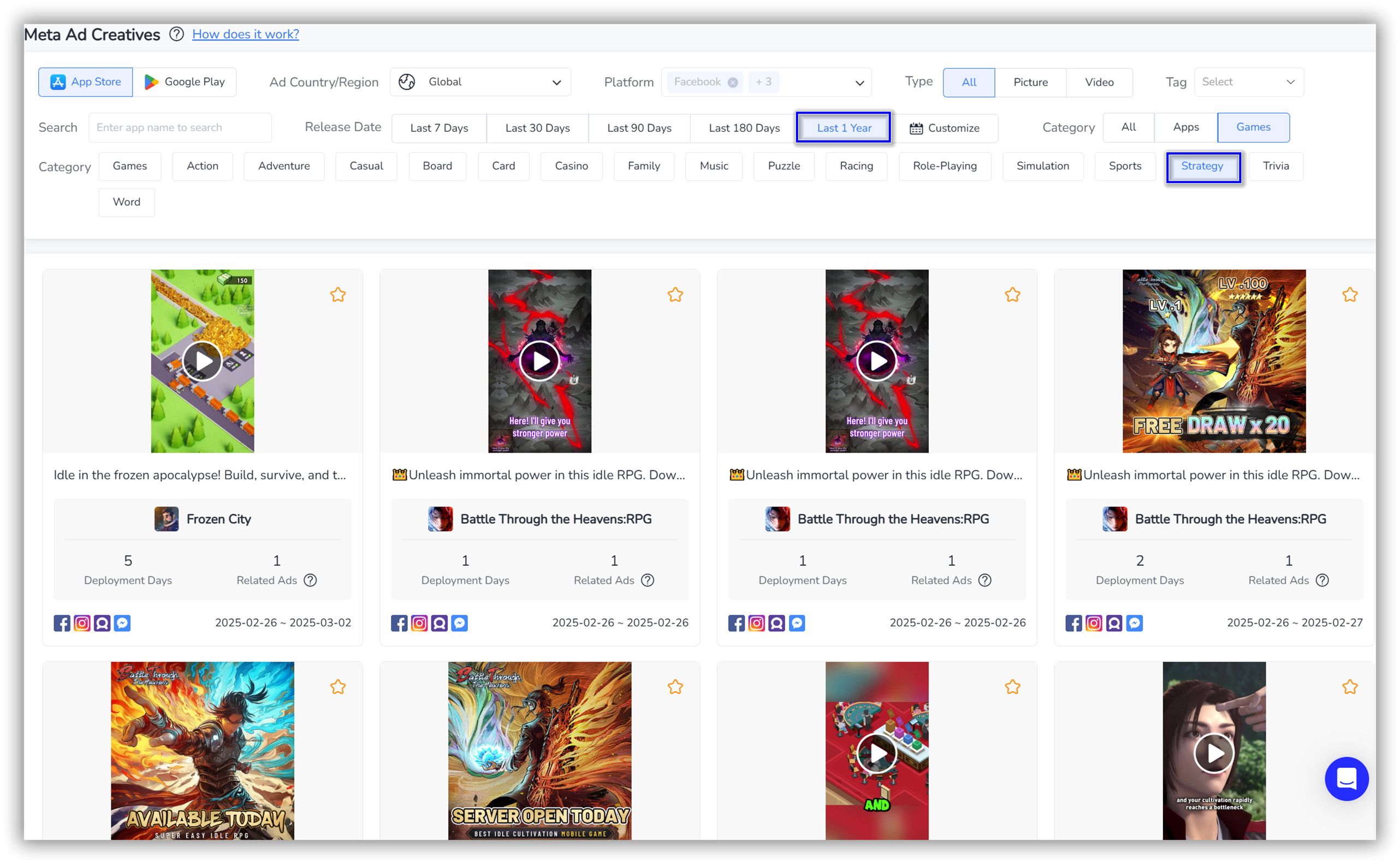
Mini-Game Ads
Notable Examples:
-
Royal Match: This game leverages mini-game ads as a vital component of its marketing strategy. The well-known ads, which involve saving King Robert, have proven to be remarkably effective in attracting new players.
-
Playrix’s Games: Titles such as Gardenscapes and Homescapes by Playrix are renowned for their use of faux mini-game ads. While some players criticize them, there is no denying their success in engaging audiences through swift problem-solving tasks that promise an interactive journey.
-
Lily’s Garden: The mini-game ads for Lily’s Garden often feature poignant stories, which add depth to the puzzle-solving experience. They exemplify the effective use of narrative to capture the attention of mobile users.
Overall, the strategic implementation of mini-game ads remains a powerful tool in the mobile gaming industry’s marketing arsenal, driving player engagement and game adoption.
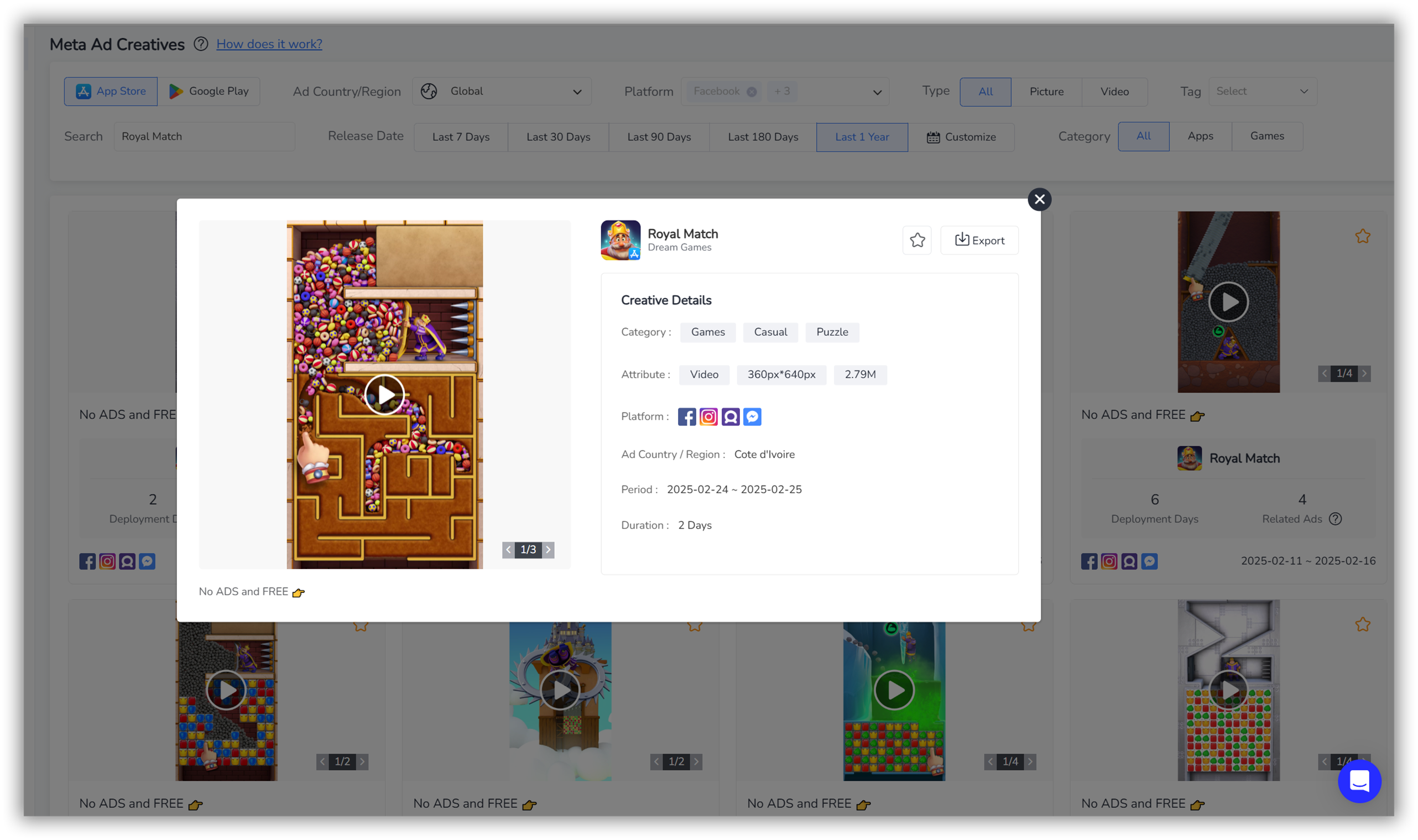
Gameplay Video Ads
In the realm of casual games, such as puzzle games, simplicity is often their core appeal. This simplicity is effectively mirrored in ad creatives as well. Advertisements that highlight the essential mechanics of the game tend to resonate well with viewers. Such ads convey a straightforward and welcoming message to potential players: the game is easy to understand and offers immediate enjoyment.
Notable Examples:
-
Candy Crush: The advertisements for Candy Crush typically showcase a basic level, demonstrating how players can align and clear candies. This effectively captures the fun and addictive nature of the game.
-
Bubble Shooter Relaxing: The ads for this game successfully highlight a serene and engaging gameplay experience, focusing on the simple bubble shooting mechanics. This strategy makes the game easily understandable and attractive to a wide range of players.
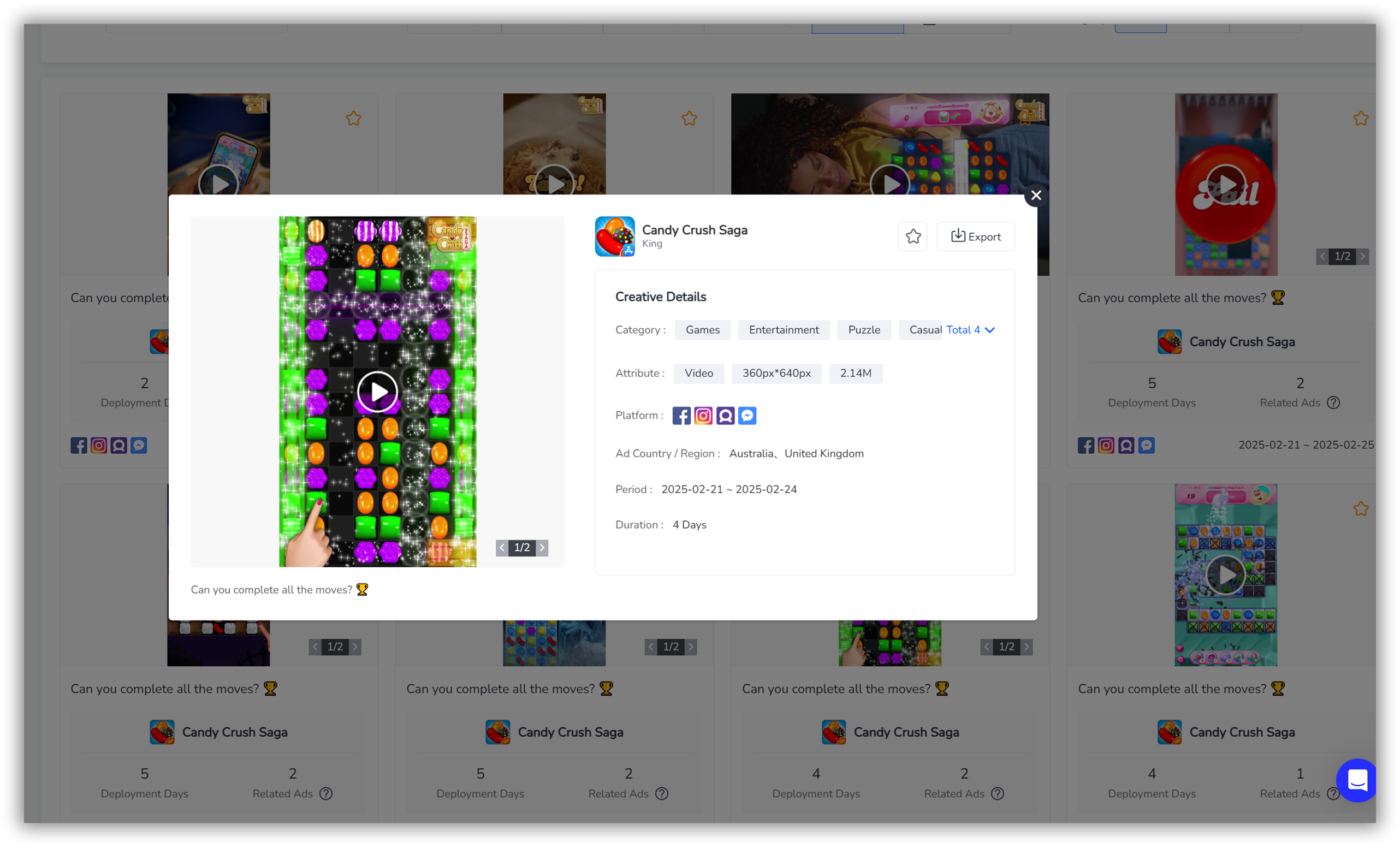
Unsuccessful Gameplay Ads
At first glance, featuring failed gameplay might seem counterintuitive for advertising purposes, yet the results are surprisingly effective. These advertisements typically present a mini-game or challenge that is purposely executed poorly or incorrectly.
Why does this strategy succeed?
Unsuccessful gameplay ads trigger a sense of urgency and challenge. Watching a task being mishandled elicits an automatic reaction from viewers—a belief that they can do better.
This instinctual desire to correct and succeed drives people to click and subsequently download the game. Essentially, these ads play on the viewer’s natural problem-solving tendency, encouraging them to engage and fix the mistakes themselves.
Examples of games using this approach:
-
Royal Match: The mini-game ads for Royal Match often show failed puzzle-solving attempts. This intentional error creates an unfulfilled need in viewers, motivating them to download the game to resolve the challenges on their own.
-
Playrix’s Games: Mirroring their engaging mini-game advertisements, Playrix’s unsuccessful gameplay ads are successful because they evoke curiosity and a basic human urge to amend failures.
-
Lily’s Garden: Advertisements for Lily’s Garden might illustrate a botched gardening task or an unresolved mini-game puzzle, sparking a similar reaction in viewers to intervene and correct the errors.
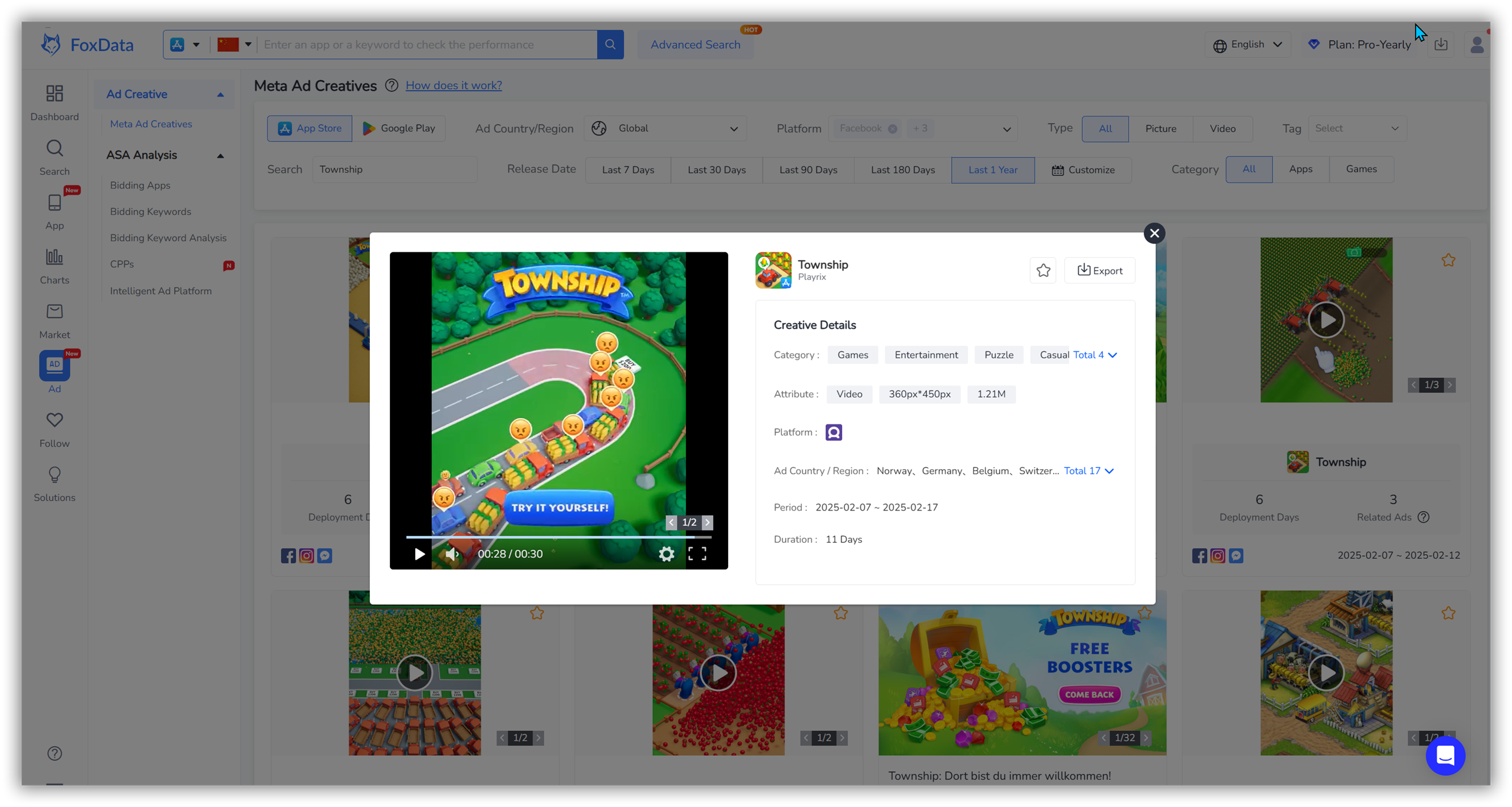
Puzzle Shelves
- Tile Club Matching Game
- Goods Triple – Sort Master 3D
- Triple Match 3D
- Stuff Sort
- Triple Tile
- Closet Sort
For instance, Triple Match 3D advances this concept by transforming the wooden shelf into a three-dimensional cylinder. This innovation allows for rotation, introducing an additional layer of curiosity and interaction to the puzzle gaming experience.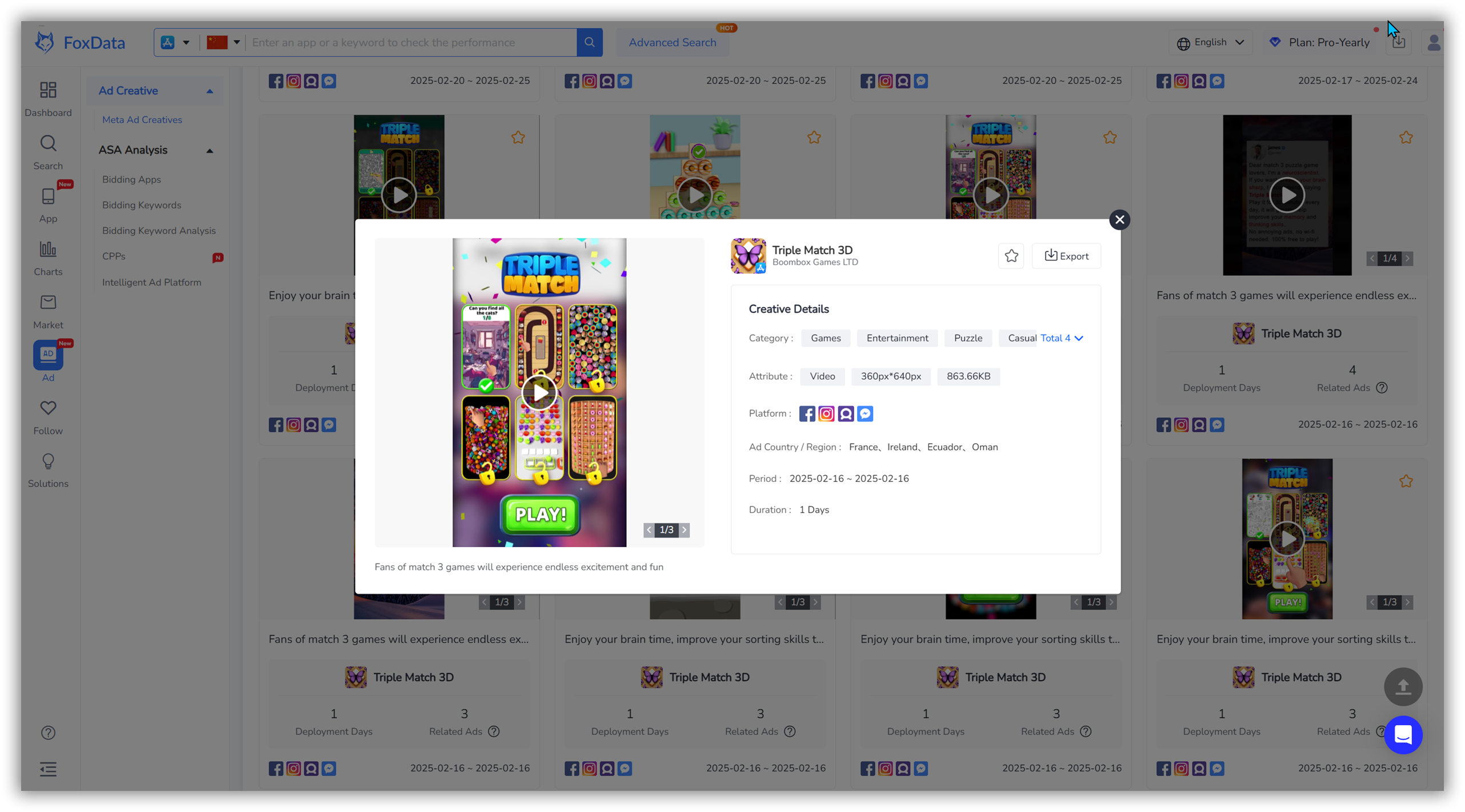
👉 Click here to explore more creative ads for puzzle games.
Now just join FoxData and embark on a journey of business growth as we unveil a FREE App Data Analytics Tool, which boosts your downloads, increases your user base, and watches your performance soar to new heights



